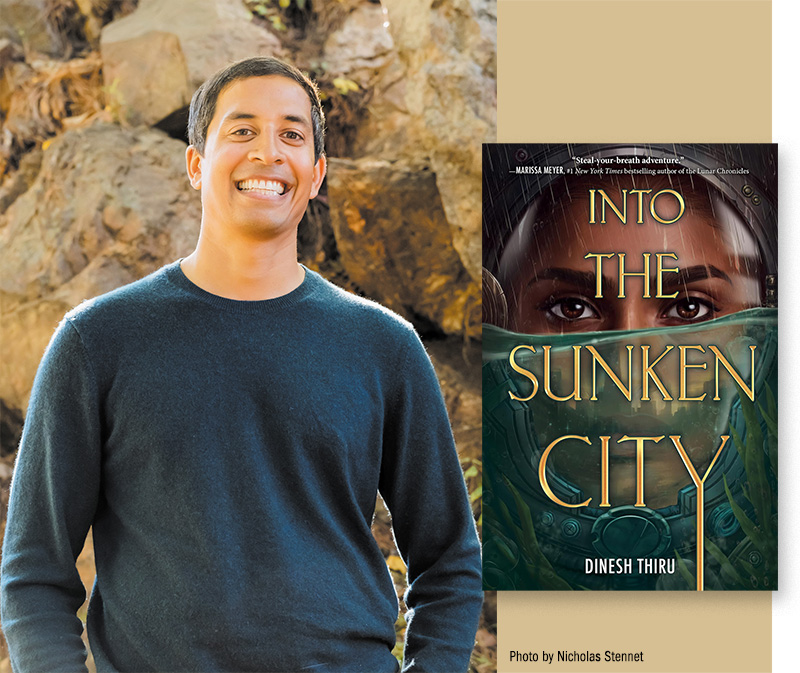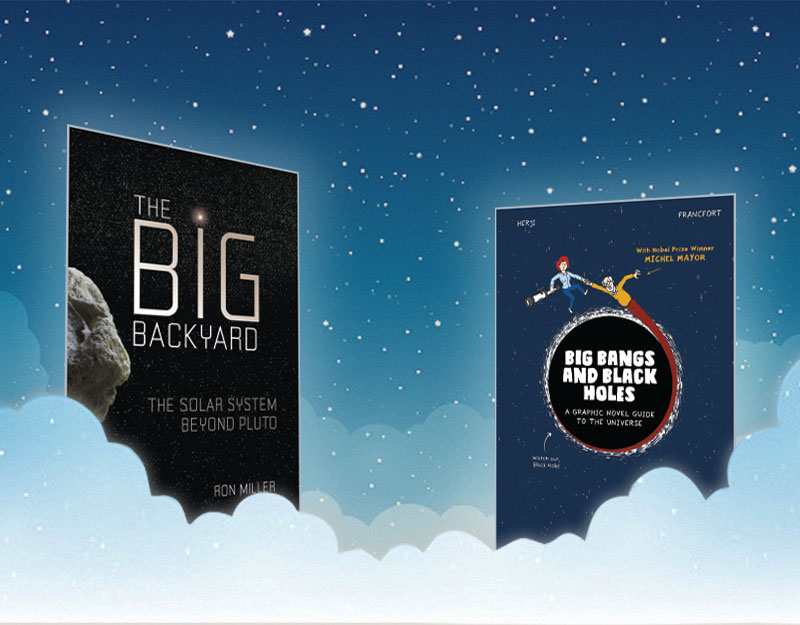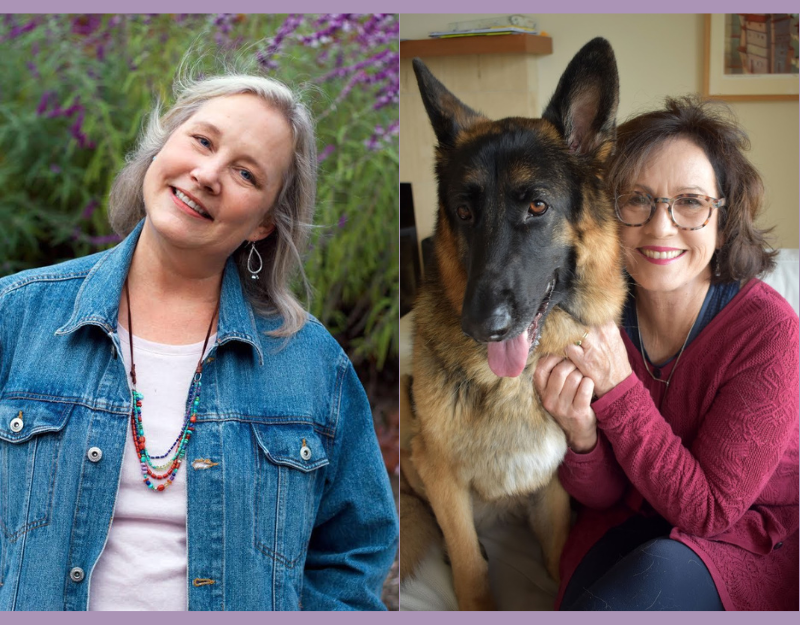“Writing is one thing, publishing is another”: An Interview with Barry Denenberg
 I have an ulterior motive at work here. On Saturday, February 7th Mr. Denenberg will be in my library talking to the general public (see the announcement below this post) and I would like to get some butts in them thar seats. As such, Mr. Denenberg has kindly consented to a little interview here. So hold onto your hats, kids! We’re covering everything from 13-year-old John Wilkes Booth to the origin of the word "deadline".
I have an ulterior motive at work here. On Saturday, February 7th Mr. Denenberg will be in my library talking to the general public (see the announcement below this post) and I would like to get some butts in them thar seats. As such, Mr. Denenberg has kindly consented to a little interview here. So hold onto your hats, kids! We’re covering everything from 13-year-old John Wilkes Booth to the origin of the word "deadline".
Fuse #8: Now you’re someone who has had a hand in writing both non-fiction and historical fiction for kids. In fact, you sort of began your career with the DEAR AMERICA, MY NAME IS AMERICA, and ROYAL DIARIES series. Now you’ve a non-fiction account of Abraham Lincoln out. So in your experience, which do you prefer to write? The non-fiction? Or the historical fiction?
ADVERTISEMENT
ADVERTISEMENT
Barry Denenberg: In one sense, the answer is simple: I like to write conventional non-fiction more than historical fiction. Creating plots is not something I enjoy-most of the story lines in my DEAR AMERICA books are ‘borrowed’ from my research. I don’t read historical fiction and my professional goal is to convince young readers that truth is not only stranger than fiction, but better.
However, I write to communicate; to reach an audience. An audience that increasingly is not reading conventional biographies. But they do read historical fiction. Over the past few years I have received literally thousands of letters from kids who have read one of my DEAR AMERICA books and two from readers of my conventional bios, even though some have sold a significant number of copies. At one point in my career I wanted to do a photo-essay on the internment of Japanese Americans after Pearl Harbor. My editor was very  much in favor of it-we would print maybe six thousand copies. THE JOURNAL OF BEN UCHIDA, a DEAR AMERICA books I did that year has sold over l50,000 .
much in favor of it-we would print maybe six thousand copies. THE JOURNAL OF BEN UCHIDA, a DEAR AMERICA books I did that year has sold over l50,000 .
Writing is one thing, publishing is another. LINCOLN SHOT is my attempt to come up with a ‘third way’
Fuse #8: There’s a profile of you on Scholastic.com where you say that "I think there’s an art to both writing and research. I’m a good writer but a better researcher." What’s the distinction between the two?
Denenberg: Although both require certain characteristics, intelligence, literacy, etc., they are distinct crafts. Many writers have a way with words but they don’t really know what they’re talking about; not in a real, substantive way. They’re facile, not factual (with a handful of exceptions like "The New Yorker", just read any periodical).
Research is its own art and involves a separate set of tools: patience, perseverance, curiosity, obsession. You learn to use bibliographies and to follow footnotes in a way that will, eventually, add the detail, density and color that will make a work come alive. You also learn to appreciate the lost art of proper indexing.
Fuse #8: Let’s talk a bit about your newest work LINCOLN SHOT: A PRESIDENT’S LIFE REMEMBERED. It’s known in several librarian circles as "the tall Lincoln book" and it certainly distinguishes itself from the pack of Lincoln bios we’ve seen recently. Where did the idea for the book come from?
Denenberg: The idea to do a biography of Abraham Lincoln that captures the boy, teenager, young lawyer, newly married husband and affectionate father along with a visual component was Jean Feiwel’s and I opted for something unconventional. The newspaper idea evolved from our first meeting with Christopher Bing where we discussed our concern for historical accuracy, conveying a feeling for the mid-nineteenth century and the challenge of presenting history to 2lst century young readers.
Originally the newspaper was to be folded and placed in a custom box so it would fit on library and bookstore shelves. Jean worked with production over the coming year but no matter what they did, the place where the newspaper folded deteriorated over time. We considered publishing it as a newspaper with no box; modifying the trim size and making it a magazine and other variations. All of the ideas were good ones but none were perfect.
Jean, who should have a sign on her desk that says THE BOOK STOPS HERE made the final decision to maintain the newspaper format, not fold it and bind it in hardcovers.
Fuse #8: Well done Jean then. Now continuing along those lines the first thing people notice when they see the book is the sheer size of it. Was the layout and presentation entirely your idea or were you talked into it?
Denenberg: I was involved in the initial conceptual decision and in the ongoing design and layout decisions over the coming l8 months with Rich Deas, Jean’s Art Director.
Deciding to do a flawless rendering of an actual l866 newspaper is one thing; defining every detail along the way is another. That was when the real work began. I interacted daily with Rich and everyone involved at Feiwel and Friends; making page by page, spread by spread, decisions about cutting, expanding, moving text or art; the relationship of text to art; sorting through and choosing the photographs and other graphic elements (like the ads). It was the most difficult part of the project, and the most intense – also the most gratifying.
Fuse #8: And did you stumble across any surprises in the course of creating the book? Things you did not expect to find, or little known facts you were unaware of?
Denenberg: Lincoln’s relationship with his wife, Mary; Lincoln’s lifelong struggle with what we would call depression; his political and spiritual evolution over the course of the war; Mary Lincoln’s life after the assassination and her relationship with her son, Robert; the concept of Union vs. disunion and secession and General George McClellan.
Little known facts: l3-year-old John Wilkes Booth’s relationship to the unjustifiably ignored September ll, l85l Christiana Riot.
Fuse #8: Is there any thought of creating other books like LINCOLN SHOT but based on other moments in history?
ADVERTISEMENT
ADVERTISEMENT
Denenberg: Yes, there are two books I hope to do in the LINCOLN SHOT format. However, my agent will be very, very unhappy if I mention them right now. Stay tuned.
Fuse #8: Aw. So what else are you working on next?
Denenberg: For the past year I have been working on an adult book entitled; MAGICAL HISTORY TOUR; THE ORIGINS OF THE COMMONPLACE AND THE CURIOUS IN AMERICA. It’s an unconventional approach to history that uses etymology as a departure point. The book investigates words and objects we encounter daily and delves into their origin and evolution, eventually weaving a rich tapestry seen from a unique perspective. Each entry is finely crafted and reads like a short story. With the alphabet as an organizing principle, MHT creates a kaleidoscopic view of American history that, at various points, illuminates aspects of: the American Revolution; the westward movement; the Civil War; industrialism and unionism; immigration, feminism; civil rights; consumerism, popular culture ; and the history of the presidency.
 It’s H.L. Mencken’s THE AMERICAN LANGUAGE meets Kenneth Davis’s DON’T KNOW MUCH ABOUT HISTORY, Calvin Trillin’s US JOURNAL and Ira Glass’ THIS AMERICAN LIFE. Other direct influences include l066 AND ALL THAT and Rocky and Bullwinkle’s FRACTURED FAIRY TALES.
It’s H.L. Mencken’s THE AMERICAN LANGUAGE meets Kenneth Davis’s DON’T KNOW MUCH ABOUT HISTORY, Calvin Trillin’s US JOURNAL and Ira Glass’ THIS AMERICAN LIFE. Other direct influences include l066 AND ALL THAT and Rocky and Bullwinkle’s FRACTURED FAIRY TALES.
Some words so far: Barber Poles, Bloomers, Boycott, Break a leg, Co-ed, Deadline, Hooker, Jim Crow, Lynch, Sideburns, Sandwich, Spelling Bee……
Fuse #8: Which marks the first time the word "Hooker" has made it onto this blog. Success! Well, a big thank you to Barry Denenberg for patiently answering so many of my questions. If you’d like to hear him speak live and in person, be sure to stop by The Humanities and Social Sciences Library at 475 Fifth Avenue here in Manhattan on Saturday, February 7th at 1:00 p.m. It’s bound to be a great presentation for people of all ages.
Filed under: Uncategorized
About Betsy Bird
Betsy Bird is currently the Collection Development Manager of the Evanston Public Library system and a former Materials Specialist for New York Public Library. She has served on Newbery, written for Horn Book, and has done other lovely little things that she'd love to tell you about but that she's sure you'd find more interesting to hear of in person. Her opinions are her own and do not reflect those of EPL, SLJ, or any of the other acronyms you might be able to name. Follow her on Twitter: @fuseeight.
ADVERTISEMENT
ADVERTISEMENT
SLJ Blog Network
2024 Books from Coretta Scott King Winners
Family Style: Memories of an American from Vietnam | Review
Parsing Religion in Public Schools
ADVERTISEMENT








Wow. As a historian, I have to go find a copy of that book! As a child, I adored and still have a 2 volume Chronicles, which told the story of the Jewish people in newspaper format. I’ll have to go dig it out….
Great interview, Betsy! Now I want to read all of Mr. Denenberg’s books!